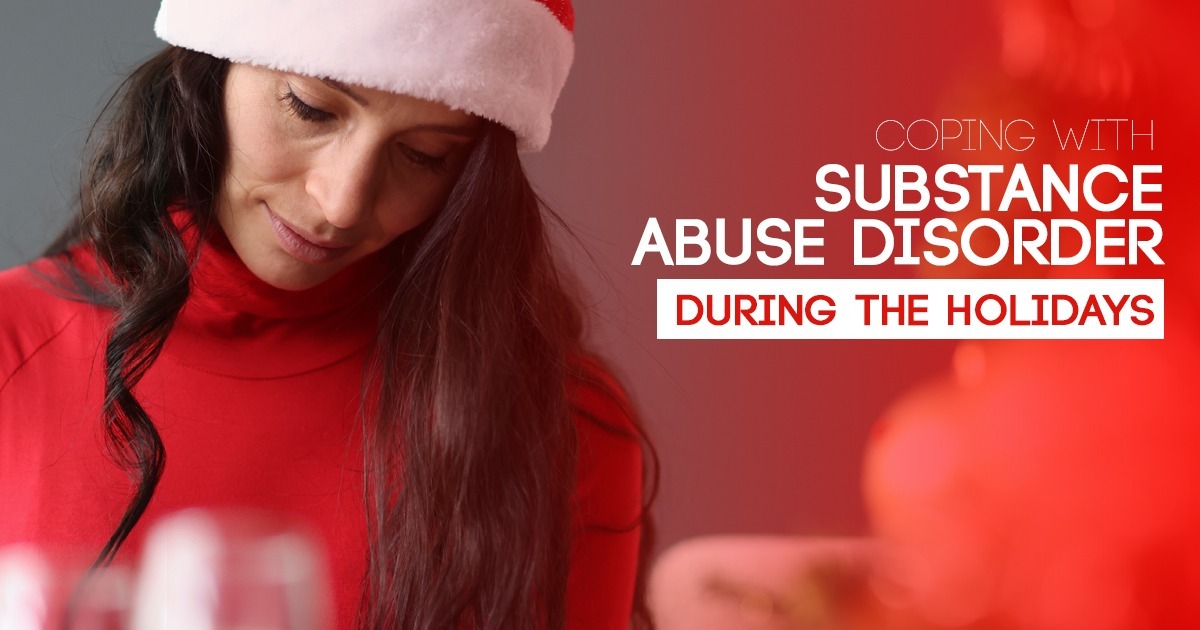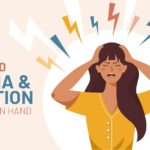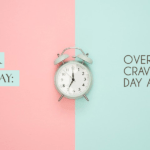
Substance abuse disorders are situations that are triggering and remind you of obstacles you struggle with. Even though sober people can find it challenging to be around alcohol, especially in abundance at holiday events, absolute self-control is an annual test for people in recovery.
Drinking plays a role in many holiday festivities, from wine with dinner on Thanksgiving to champagne when toasting the new year; alcohol plays a huge part in the holiday season. Some individuals can drink moderately at festive functions; others engage in heavy drinking that strays into abuse more often than not.
Substance Abuse & Addiction
It is essential to know how substance abuse differs from addiction; Addiction is something you cannot easily let go of despite damaging your physical health, mental health, and social life. Whereas many people with substance abuse issues can quit relatively quickly or they can change their unhealthy behavior.
Substance abuse for mood-altering purposes may simply be described as a pattern of harmful use of any substance. ‘Substances’ can include alcohol and other drugs, as well as certain substances that are not drugs at all, and whether or not they are illegal does not matter.
“Abuse” can result because you use a drug in a manner that is not intended or recommended or because you use more than prescribed. To be precise, someone can use drugs and not be addicted or even have a drug use problem.
Generally, when individuals talk about substance abuse, they usually refer to illicit substances. Abusive drugs do more than changing the mood. They can confuse your judgment, distort your perceptions, and change your response times, all of which can put you at risk of accident and injury. Still, you continue to take the drugs because of the rush of dopamine and the worldliness you experience.
In the first place, these medications have been illegal because they are potentially addictive or may cause significant adverse health effects. Some claim that the use of illicit drugs is considered unsafe and, therefore, violent.
5 Causes of Substance Abuse:
Although there is no clear-cut specific answer as to what causes your addiction to substance abuse, it is possible that the origin of the addiction starts or speeds up because of the points given below:
1. Family history of addiction.
Drug addiction is more common in some families and mainly involves troublesome genes.
2. Mental health disorder.
Having a mental health disorder can also play a role in leading an individual to substance abuse.
3. Peer pressure.
Peer pressure plays a significant role in substance abuse and can be very dangerous if not detected early.
4. Early use.
Early use can also lead to addiction from substance abuse.
5. Taking a highly addictive drug.
Taking a highly addictive drug or prescription drug can often lead to addiction or substance abuse as well.

How can you Stop Substance Abuse?
Overcoming substance abuse or drug addiction can be a time-consuming and challenging process, but never impossible.
For many people struggling with addiction, the most challenging step toward recovery is the very first one: recognizing that you have a problem and deciding to make a change. It is entirely normal to feel unsure about whether you’re ready to go down the road to recovery or if you have what it takes to quit your addiction. You may be worrying about how you can find an alternative way to handle a mental condition if you are addicted to prescription medication. It’s all right to feel distressed. Committing to sobriety means changing several aspects, like how you cope with tension, who you allow in your life, what you do in your spare time, how you think of yourself, and how you take over-the-counter medications.
And when you know it is causing issues in your life, it’s still natural to feel conflicted about giving up your drug of choice. Recovery takes time, encouragement, and support, but you can conquer your addiction and regain control of your life by committing to change.
Substance Abuse Treatment
Addiction treatment is a variable plan and not a one-size-fits-all treatment. Treatments always vary based on what you need and what will help you treat the fastest and best. You can also choose the treatment that works best for you based on the substance you’re abusing, the level of care you need, your personal needs for mental health, or what options for health care you can afford.
Some of the most common addiction treatments that have set patients on a successful path to recovery include detoxification, cognitive behavioral therapy (CBT), rational emotive behavior therapy, contingency management, the all-famous 12-step facilitation, and treatment medication. For questions or assistance staying sober through the holidays, call Anchored Tides Recovery at 866-600-7709.





























